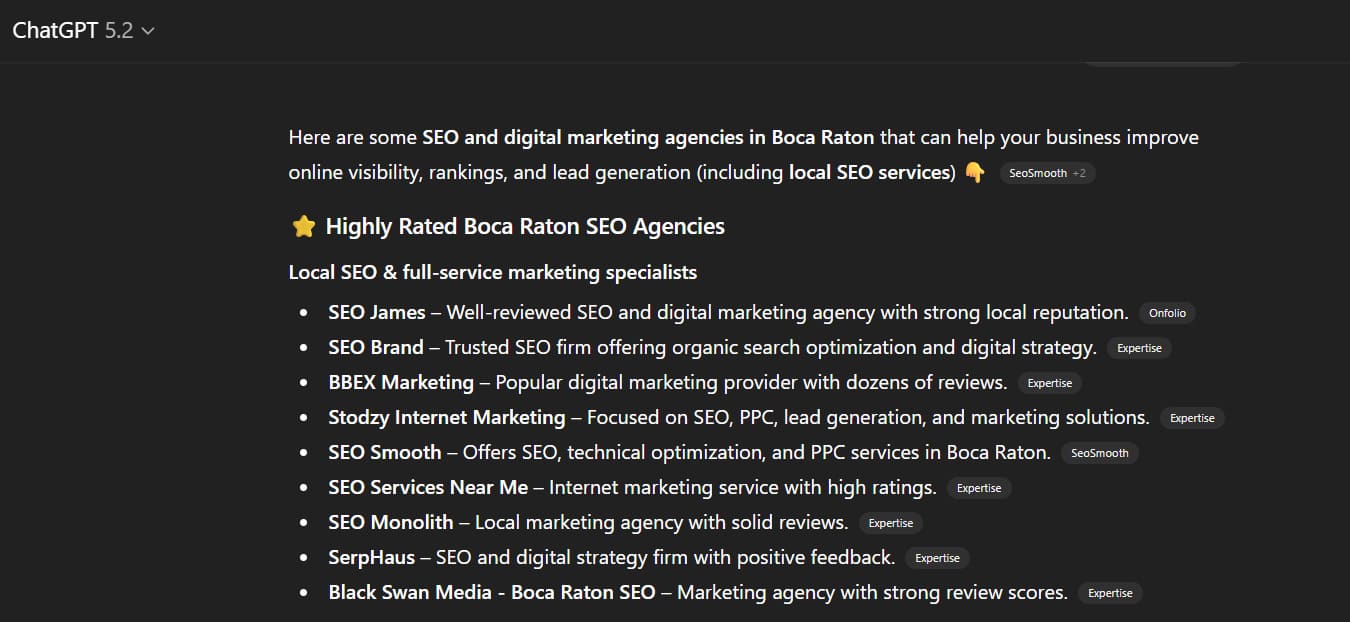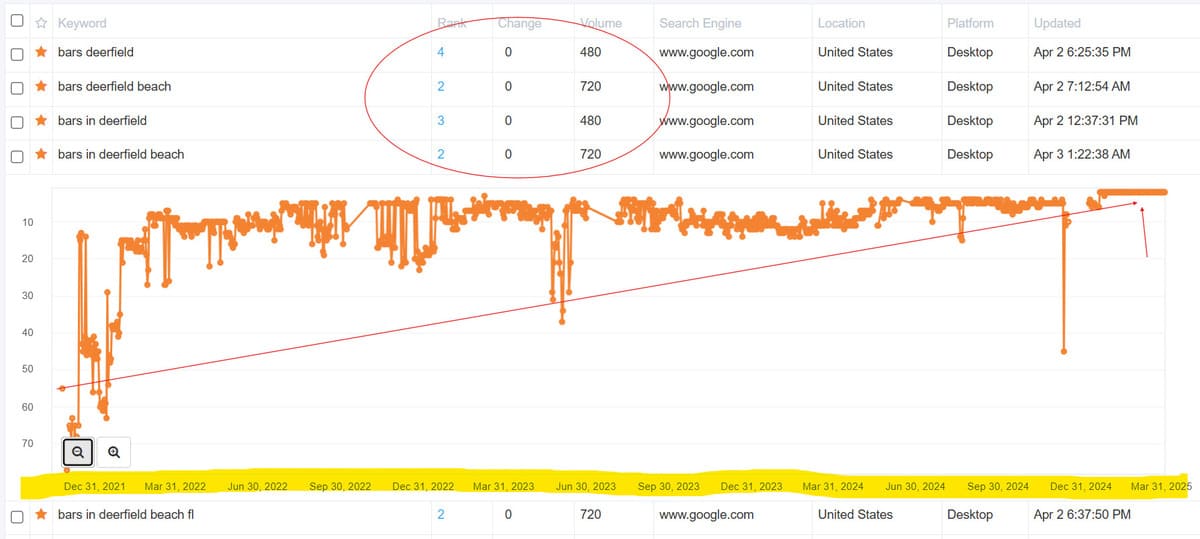Organic website traffic refers to the visitors who arrive at a website through unpaid, natural search engine results. In other words, these are the users who find your website by clicking on a search result listing on a search engine like Google, Bing, or Yahoo, without the website owner paying for advertising to appear in those search results.
Here are some key points about organic website traffic:
1 – Search Engine Optimization (SEO)
Organic traffic is closely tied to SEO efforts. SEO involves optimizing various aspects of a website, including content, keywords, meta tags, site structure, and backlinks, to improve its visibility and ranking in search engine results pages (SERPs).
2 – Quality Content
Creating high-quality, relevant, and valuable content is essential for attracting organic traffic. Content that addresses the needs and interests of your target audience is more likely to rank well in search results and attract organic visitors.
3 – Keyword Research
Understanding the keywords and phrases that your target audience uses when searching for information related to your products or services is crucial for SEO success. Conducting keyword research helps identify relevant keywords to target in your content and optimize your website accordingly.
4 – On Page WordPress Optimization
On-page SEO involves optimizing individual web pages to improve their relevance and visibility in search results. This includes optimizing title tags, meta descriptions, headings, URL structures, and internal linking to make it easier for search engines to crawl and index your content.
5 – Off Page Optimization
Off-page SEO focuses on building the authority and credibility of your website through external factors such as backlinks from other reputable websites, social media mentions, and online reviews. Building a strong backlink profile is an important factor in ranking well in search results and driving organic traffic.
6 – Technical SEO
Technical SEO involves optimizing the technical aspects of your website, such as site speed, mobile-friendliness, crawlability, and site architecture, to ensure that search engines can access and index your content efficiently.
7 – Local SEO
For businesses targeting a local audience, optimizing for local search is essential. This includes creating and optimizing Google My Business listings, local citations, and location-specific content to improve visibility in local search results and attract organic traffic from nearby users.
8 – Regular Updates and Maintenance
Continuously updating and maintaining your website with fresh, relevant content, as well as keeping up with SEO best practices and algorithm updates, is important for sustaining organic traffic growth over time.
9 – Analytics and Monitoring
Monitoring your website’s performance using analytics tools like Google Analytics allows you to track key metrics such as organic traffic, keyword rankings, and conversion rates. Analyzing this data helps you identify areas for improvement and refine your SEO strategy to drive more organic traffic to your website.
Overall, organic website traffic is valuable because it represents users who are actively searching for information, products, or services related to your business, and attracting organic traffic through effective SEO efforts can lead to sustained growth and success for your website.






